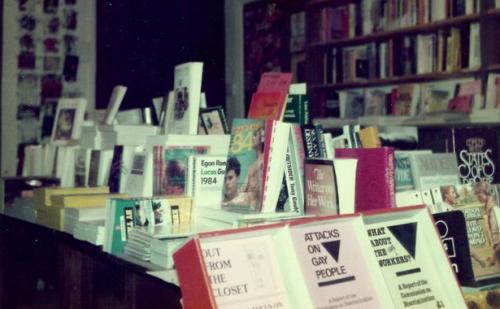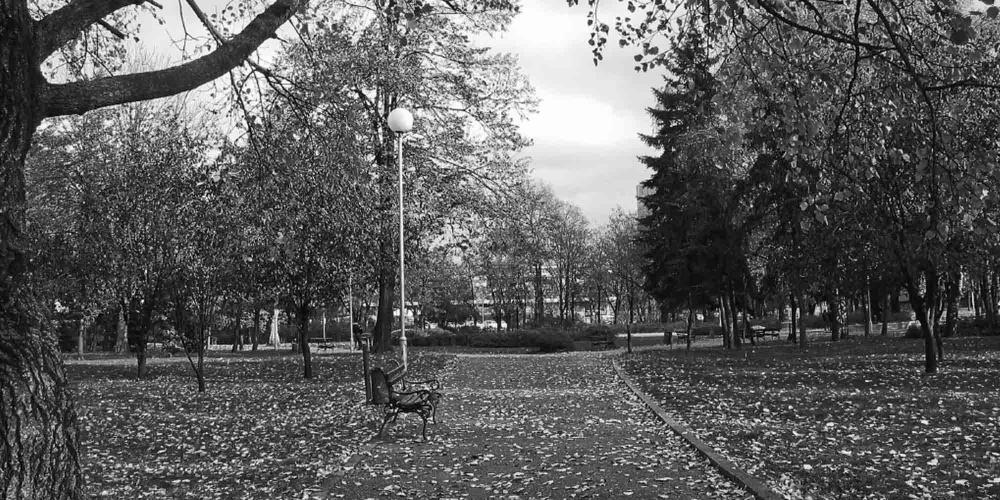
5 February, 2017

The research question at the heart of this project is: How might we best reconstruct and understand LGBTQ (lesbian, gay, bisexual, transgender, queer) social and sexual cultures from the decade between the advent of an international gay rights movement and the first reported cases of HIV/AIDS, and what can this knowledge contribute to understandings of queer politics and identity in Europe’s present and future?
While public attitudes towards queer sexualities and the legislative treatment of LGBTQ people differ greatly across Europe, the researchers ask what might be gained collectively, now and in the future, from examining the shared and dissonant European experiences of persecution, discrimination, collaborative action and protest in the 1970s.
As HIV infection rates rise in metropolitan Britain, Eastern Europe, France and Spain, this project returns to places, histories and visions of the future from the pre-HIV/AIDS era that have been lost or forgotten. With one in four LGBTQ people in Europe reporting experiences of homophobic violence or verbal abuse in the past five years, the researchers explore how rethinking queer history can offer innovative means of tackling homophobia in the present.
CRUSEV interrogates the queer terrain of the 1970s across four European countries:
The project investigates the transformative impact of queer world-making in the 1970s on contemporary LGBTQ life in Europe and on the study of LGBTQ history in the present. In examining these cultural shifts and historical effects, CRUSEV asks a variety of questions including:
Project Leader
University of Edinburgh
United Kingdom
Project Leader
University of Edinburgh
United Kingdom
University of Murcia
Spain
Newcastle University
United Kingdom
University of Warsaw
Poland
Humboldt-University Berlin
Germany
Centre for Contemporary Arts (CCA)
United Kingdom
Centre for the Moving Image (CMI)
United Kingdom
Lux Scotland
United Kingdom
Modern Edinburgh Film School
United Kingdom
National Galleries of Scotland
United Kingdom
Deutsche AIDS-Hilfe
Germany
Magnus Hirschfeld Federal Foundation
Germany
Schwules Museum
Germany
Spinnboden Lesbenarchiv und Bibliothek
Germany
BWA Gallery
Poland
Foundation Artists Innovation Theory Gallery
Poland
Interalia: A Journal of Queer Studies
Poland
KPH (Kamapania Przeciw Homofobii/Campaign Against Homophobia)
Poland
Lambada
Poland
Muzeum Sztuki Nowoczesnej (Museum of Modern Art)
Poland
Replika Magazine
Poland
Trans-Fuzja
Poland
Filmoteca Francisco Rabal-Region de Murcia
Spain